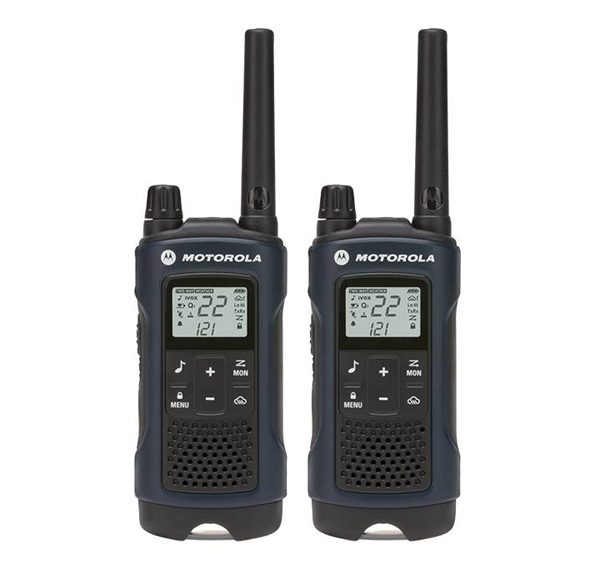When people ask how to prepare their child for Preschool in Pembroke Pines, there are 3 key things for new parents to remember; talk to them, read to them, and let them play.
So what does that mean?
Talking
So you should always talk to your child. Have a conversation about anything that you can think of. Ask them questions. Wait for them to answer. Point out things that you see in your daily life, and ask them what they think. This builds their vocabulary. It teaches them to have a conversation, and to listen and wait their turn.
Reading.
Always read to your children. You should give children opportunities to explore books, to read books with you, to listen to you read, and to just sit and have time to flip through them and learn what a book looks like.
Before children go to bed, is a nice time to read them a story, and then have them help you to read a book, by looking at the pictures, listening to your words and repeating it back.
Giving children shared book experiences at home, sets them up for preschool, where the children are read to on a daily basis. They’re read to in larger groups, there’s typically a reading corner where they can read books on their own, and then they can sit with the teacher and have a one-on-one book experience.
Play.
So with the Reading and the Talking, the last thing you should always let your children do, is play, and you want to give children lots of opportunities to play with other children, in any type of social setting before they go to preschool.
You can take them to the park, you can take them to play areas, you can have playdates at home. This gives them a chance to play with materials with someone else. To interact with them, to have conversations with them, to watch another child play, and see if maybe that’s something they can do as well.

These beginning social experiences, will set them up nicely for when they walk into a preschool, and are given the opportunity to talk to 10-15 of their peers, and choose who they want to play with and where they want to play.
So the key is really to give them the life experiences. To give them lots of books, talk to them a lot, let them play, and when they walk into a preschool classroom for the firs time, they’ll be ready to go!
Please visit our website: Forever Kids Academy for more information.


